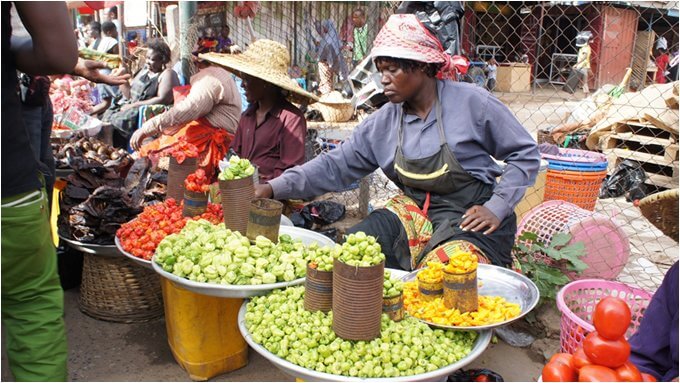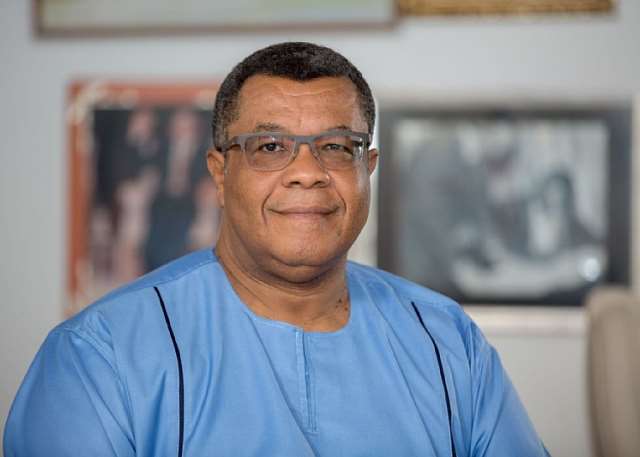Rasta Community and Others Ready to Launch Industrial Hemp Cultivation in Ghana

Ghana is lagging behind in capitalizing on the booming $2.4 billion hemp industry in Africa, despite having passed a law over four years ago to legalize industrial hemp cultivation.
In March 2020, Ghana’s Parliament enacted the Narcotics Control Commission Act, 2020 (Act 1019), which established the Narcotics Control Commission to regulate the cultivation, production, and distribution of narcotic substances, including hemp.
However, no licensed cultivation of hemp has begun, while several African countries, such as South Africa, Lesotho, Malawi, Uganda, Morocco, and Zimbabwe, are already reaping financial rewards from the industry.
A key reason for Ghana’s delay has been the slow passage of the required Legislative Instrument (LI) to operationalize the law. Though the LI was finally passed in December 2023, the government has yet to finalize the licensing and fee structures necessary for the industry to take off.
A number of groupings have emerged creating land bank registries and gathering interest from landowners who want to participate in the industry. In some cases, large tracts of land have been identified, with willing farmers ready to begin cultivation once licensing is initiated.

The global demand for hemp is growing, presenting significant economic opportunities for African nations. Ghana, with its favourable climate and abundant agricultural resources, has the potential to become a leading hemp exporter. Research suggests that Ghana could easily dominate the hemp market due to its ideal conditions for cultivation. However, while other nations move ahead, Ghana has been slow to implement policies that would allow the country to benefit from this lucrative sector.
Nana Kwaku Agyemang, President of the Hempire (Hemp) Association of Ghana and a strong advocate for the industry, remains optimistic. He believes that once fees are finalized, legal hemp cultivation could begin as early as next year. According to him, the initial proposed licensing fee—reportedly set at $45,000 for two hectares—was rejected by the parliamentary committee. Nana Agyemang is hopeful that the fee will be revised to a more affordable figure, around $10,000, which he has proposed to Parliament.
Nana Agyemang highlights the numerous benefits that hemp cultivation could bring to Ghana, including foreign exchange earnings, job creation, and opportunities along the value chain for Ghanaians. He argues that hemp could play a crucial role in stabilizing the Ghanaian cedi through export revenues.

There is also speculation that the delay in issuing licenses for industrial hemp cultivation may be politically motivated. Some suspect that certain politically connected individuals are being given time to position themselves in the industry before legal cultivation begins. Despite rumours of secret licenses being issued, checks by The High Street Journal confirm that no official licenses for hemp cultivation have been granted.
As the rest of Africa begins to profit from hemp, Ghana stands at a critical juncture. Analysts say the country must act swiftly to put its regulatory framework in place, or risk missing out on a valuable opportunity to boost its economy and create jobs for its citizens.
Source: The High Street Journal
























































